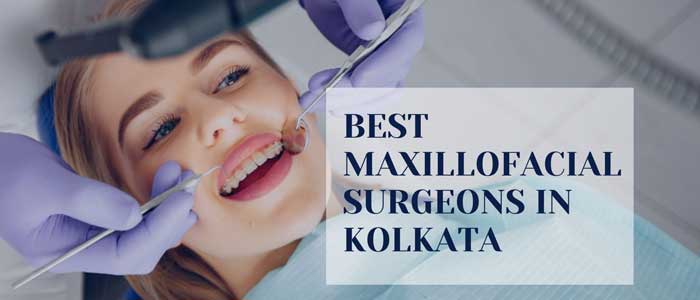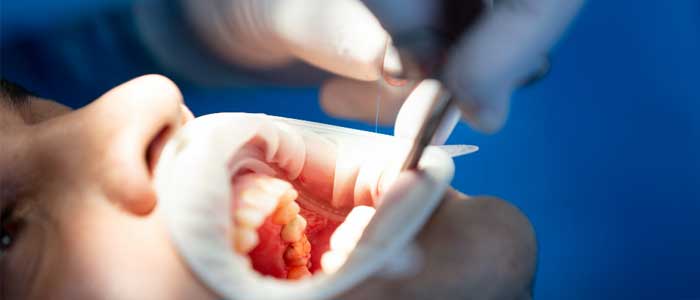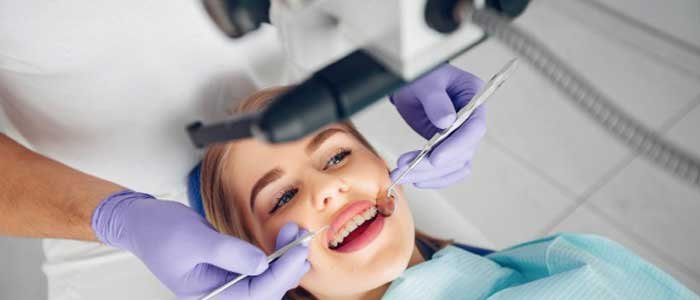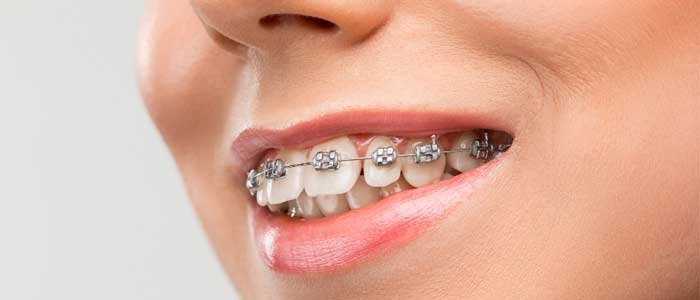
Maxillofacial surgery is an operation performed by a highly trained dental surgeon. We at the Dentique have the BEST MAXILLOFACIAL SURGEONS IN KOLKATA.
A variety of maxillofacial procedures can treat diseases, fix injuries or correct defects in your face, jaw or mouth. As with any operation, maxillofacial surgery has certain risks. But the procedures help many reduce pain, fix deformities and restore function.
What is Maxillofacial Surgery?
Maxillofacial surgery is a special type of dentistry. It involves operations to correct diseases, injuries and defects of your face, jaw or mouth. Maxillofacial surgeons are advanced specialists who diagnose and treat problems with:
- Bones and tissues of your jaw and lower face (maxillofacial area).
- Roof of your mouth (palate).
- Teeth.
Why is Maxillofacial Surgery done?

Maxillofacial surgery is performed to:
- Improve jaw function.
- Relieve pain.
Maxillofacial surgery can address a wide variety of dental problems and conditions, such as:
- Diagnosing reasons for chronic dental pain.
- Preparing the mouth for dental implants and prostheses (such as dentures).
- Placing dental implants.
- Removing (extracting) impacted teeth.
- Treat oral diseases.
Procedures can also treat jaw problems, such as:
- Bone grafting, or transplanting bone from another area of the body to replace bone that’s missing in your jaw.
- Reconstructing your jaw to correct an abnormal bite.
- Treating temporomandibular joint (TMJ) disorders that affect the area where your lower jaw attaches to your skull.
- Treating injuries related to trauma to your face, jaw and mouth.
Other reasons to perform maxillofacial surgery include:
- Correcting congenital (present at birth) abnormalities such as cleft lip and palate.
- Diagnosing and treating cysts, tumours, cancer and other growths in your head and neck.
- Diagnosing reasons for chronic facial pain.
- Treating facial trauma (injury), such as facial fractures or damaged maxillofacial tissue.
How is the surgery performed?

Maxillofacial Surgery involves repositioning your jawbones according to your preferences. Bones are reshaped, added, or removed in some cases. During the surgery, your surgeon uses surgical plates, wires, screws, and rubber bands to hold the jaws in the new position. Most often, a maxillofacial surgery is performed by making the incision inside your mouth to reduce visible scarring. Despite that, some patients may require small incisions outside of the mouth on the face.
Interesting Facts and Myths about Maxillofacial Surgery
- It’s Super Painful
We get it – the word ‘Surgery’ brings the thoughts of pain to mind. Fortunately, due to advancements in procedures and the beauty of anaesthesia, most oral surgeries are not actually all that painful! You may experience some soreness after the fact, but intense pain is rare. Our team at the Dentique will make sure you are as comfortable as possible!
2. It’s Risky
It’s a common misconception that factors of surgery are dangerous, such as being put under anaesthesia. Rest assured, our team is highly trained in administering anaesthesia. Serious reactions to anaesthesia are extremely rare.
3. Recovery is Awful
We often hear that patients expect to be out of commission for an extended period of time following their oral surgery. The fact is, recovery isn’t as long as you think! Typically after about one to three days, you will feel comfortable indulging into normal daily activities. Each procedure and every person is different, but we will send you home with detailed instructions and what to expect.
4. Age Matters
Oral surgery can be for the young, the old, and everything in between. It’s not the age that matters as much as the health of the patient.
Benefits of Maxillofacial-Surgery

Maxillofacial surgery may significantly enhance one’s look, function, and pain Here are some of the several benefits of Maxillofacial surgery;
- Adjusting your bite, which refers to how your teeth fit together when your mouth is closed
- Addressing issues with facial symmetry
- Easing pain from a temporomandibular joint disorder
- Repairing facial injuries or congenital conditions like a cleft palate
- Preventing additional wear on your teeth
- Making biting, chewing, and swallowing easier
- Addressing breathing issues like mouth breathing and obstructive airway disease.
How long does it take to recover from Maxillofacial-Surgery?
Following surgery, the initial healing of the jaw usually takes six weeks, but full recovery might take up to 12 weeks.
Your Maxillofacial surgeon completes straightening your teeth with braces after the first six weeks of early jaw healing. It could take many years to complete the whole orthodontic procedure including braces and surgery. Retainers may be worn to maintain the position of the teeth after the braces are taken off.
In approximately a week, whatever sutures you may have had will either fall out or be removed.
ARE YOU LOOKING FOR THE BEST MAXILLOFACIAL SURGEONS IN KOLKATA ?
Then Come and Visit us at The Dentique – The One Stop Solution for all your dental problems
The Dentique , Kolkata is a renowned dental Clinic having Kolkata’s best Maxillofacial Surgeons for Maxillofacial Surgery. We have the expertise of our surgeons and staff and the latest technology to effectively and successfully treat our patients. If you have more questions about Maxillofacial Surgery, we would love to talk about it with you ! Book an appointment with the Dentique – one of the best and most advanced dental clinics in Kolkata with 4 separate Dental Lounges, Free Parking, designed for the post-Covid normal ensuring maximum hygiene, sterilisation, and social distancing for patients.
The Dentique is a highly Advanced Dental Clinic with state-of-the-art equipment and an experienced team of specialists in MDS and BDS, led by Dr. Bejoy Banerji. It is centrally located in Park Street, Camac Street Area in Kolkata.
The small step of reaching out could be a giant leap forward for your long-term health and happiness!


